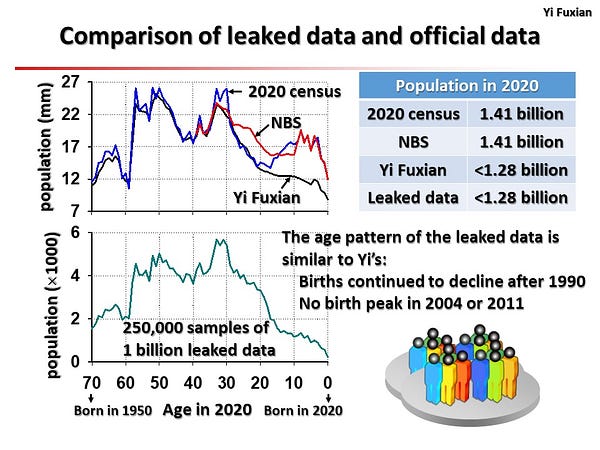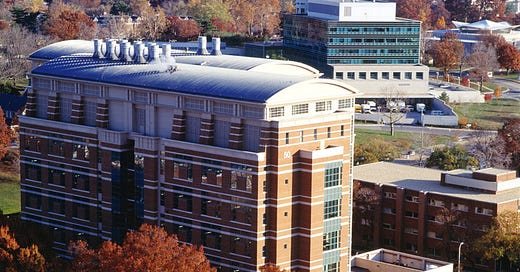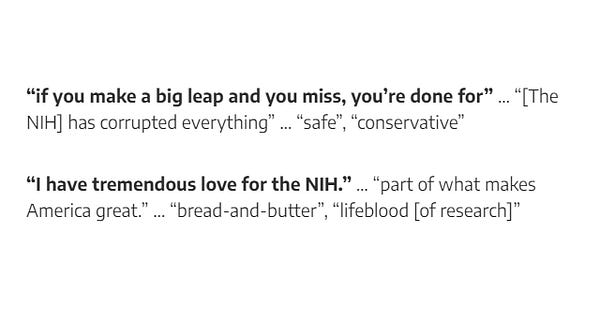Best of Twitter - July 11-24, 2022
^ New Science is starting to make an impact on the national science policy conversation.

🚨 New WP 🚨 In late 2020 we gave 5,000 low-income US participants $2000, $500, or nothing ($2.5m in transfers), measured survey outcomes, & (for 43%) have access to bank info. What did we find? 1/ (w/ @AniaJaroszewicz, @julianjamison, & Oliver Hauser)
🔓papers.ssrn.com/sol3/papers.cf…


Turning to SURVEY outcomes (financial and psychological well-being, cognitive capacity, health), here comes the big (& based on prediction study, surprising) takeaway: We find NO positive effect of cash—if anything, in some prespecified analyses, we even see negative effects. 6/


^ ????????

Recently leaked China's population data confirm my estimates: births began to decline in 1991, with no peak in 2004 or 2011; Population is now less than 1.28 billion, not the official 1.41 billion; Population began to shrink in 2018, not 2031 as officially predicted.





"influencers often find that their more extreme and sensational behavior receives the most attention and approval, which leads them to recalibrate...they exaggerate idiosyncratic facets of their personalities, becoming crude caricatures of themselves."

^ This is not only about influencers.

Is there any economic research on how morale affects economic growth?
It feels like everyone agrees that in military contexts, morale is absolutely critical. So surely it should have a significant impact in regular life too. But I haven't seen anyone trying to talk about this.

Were two separate, major lines of Alzheimer’s research tainted by image fabrication, with far-reaching implications for the field? I take a deep look for @ScienceMagazine science.org/content/articl…
🧵 1/11

There is a selection bias generated from the fact that researchers choose to study a topic that causes us to overstate the strength of the evidence in nearly all historical studies and many others.
^ thread.









